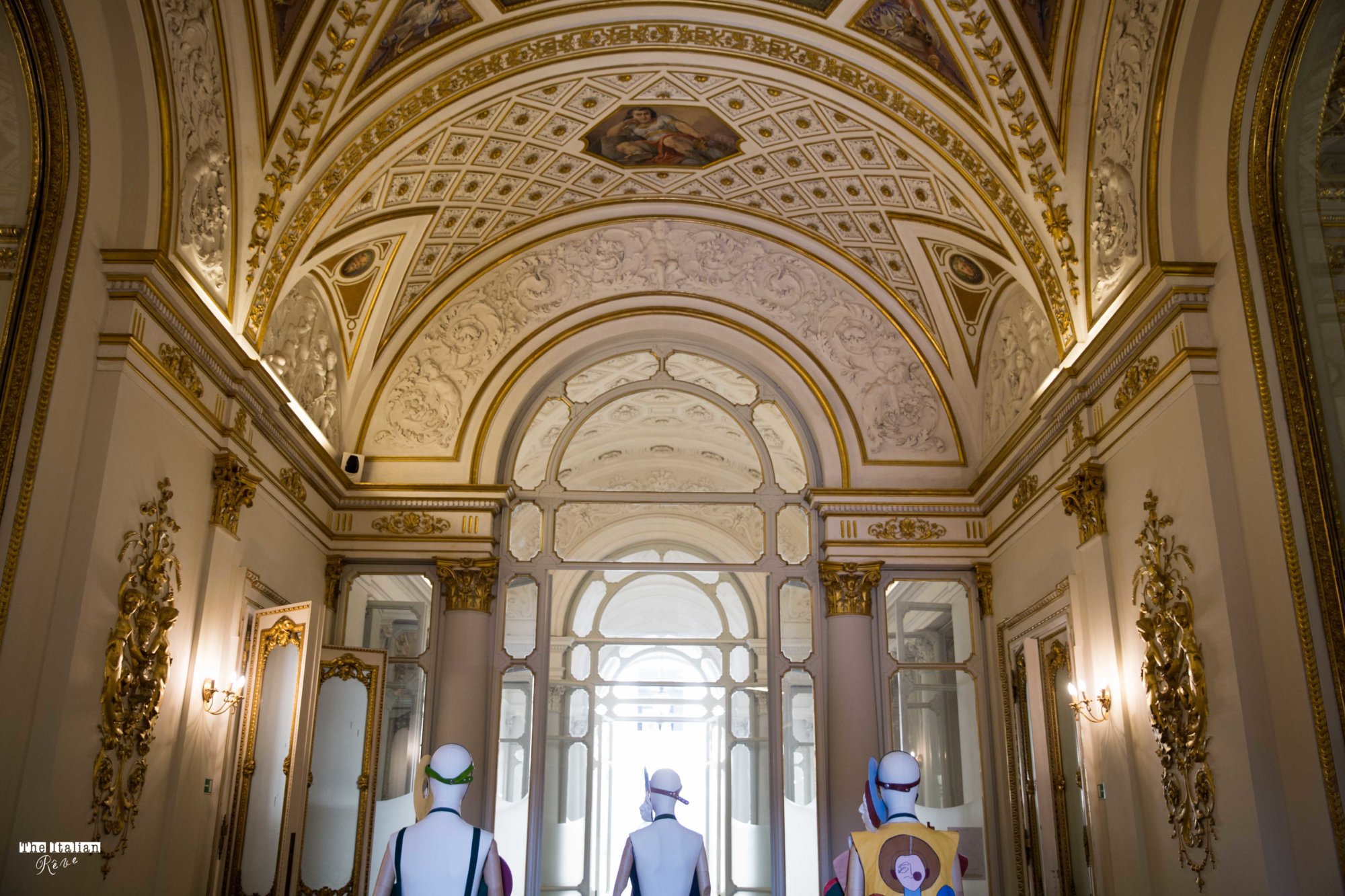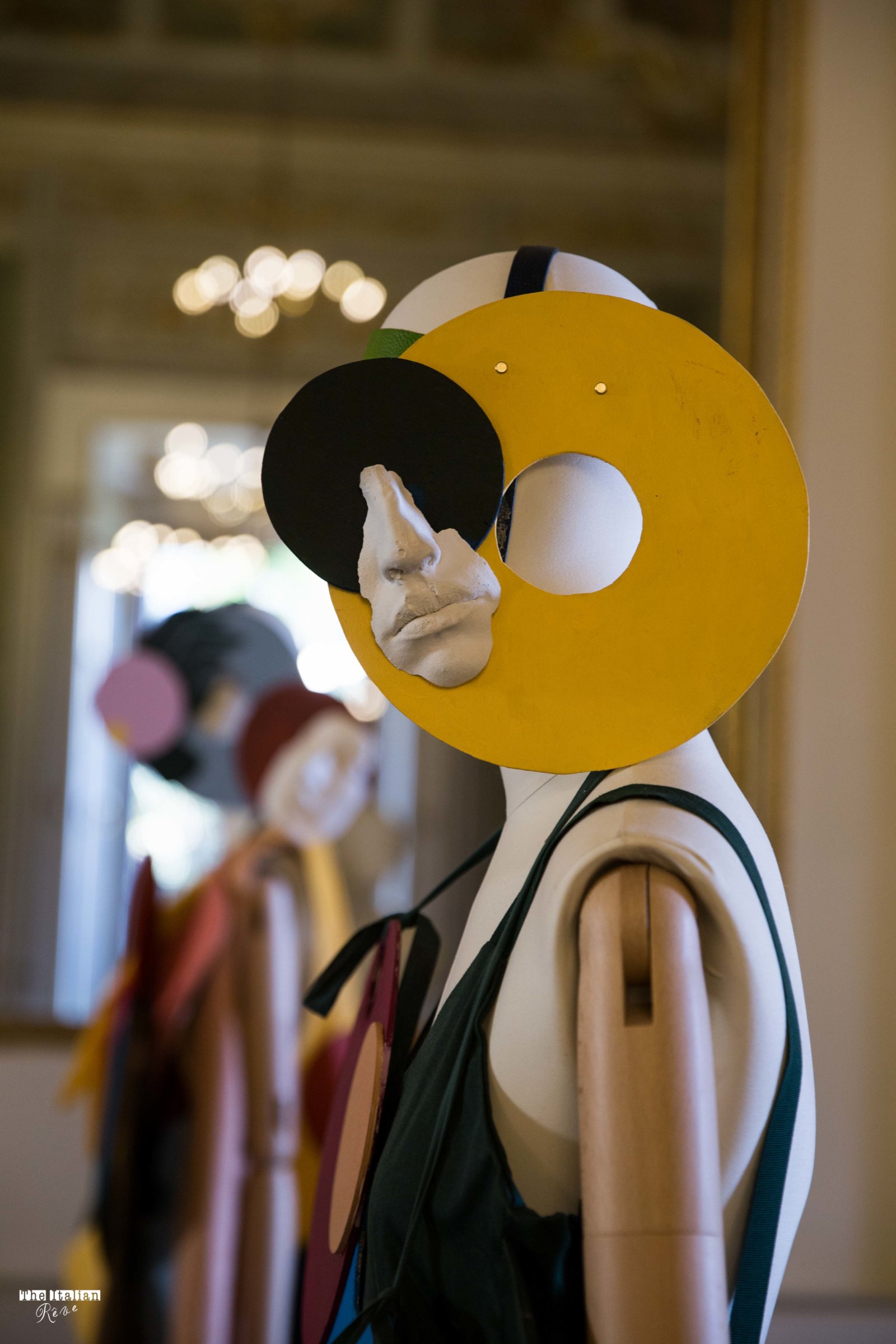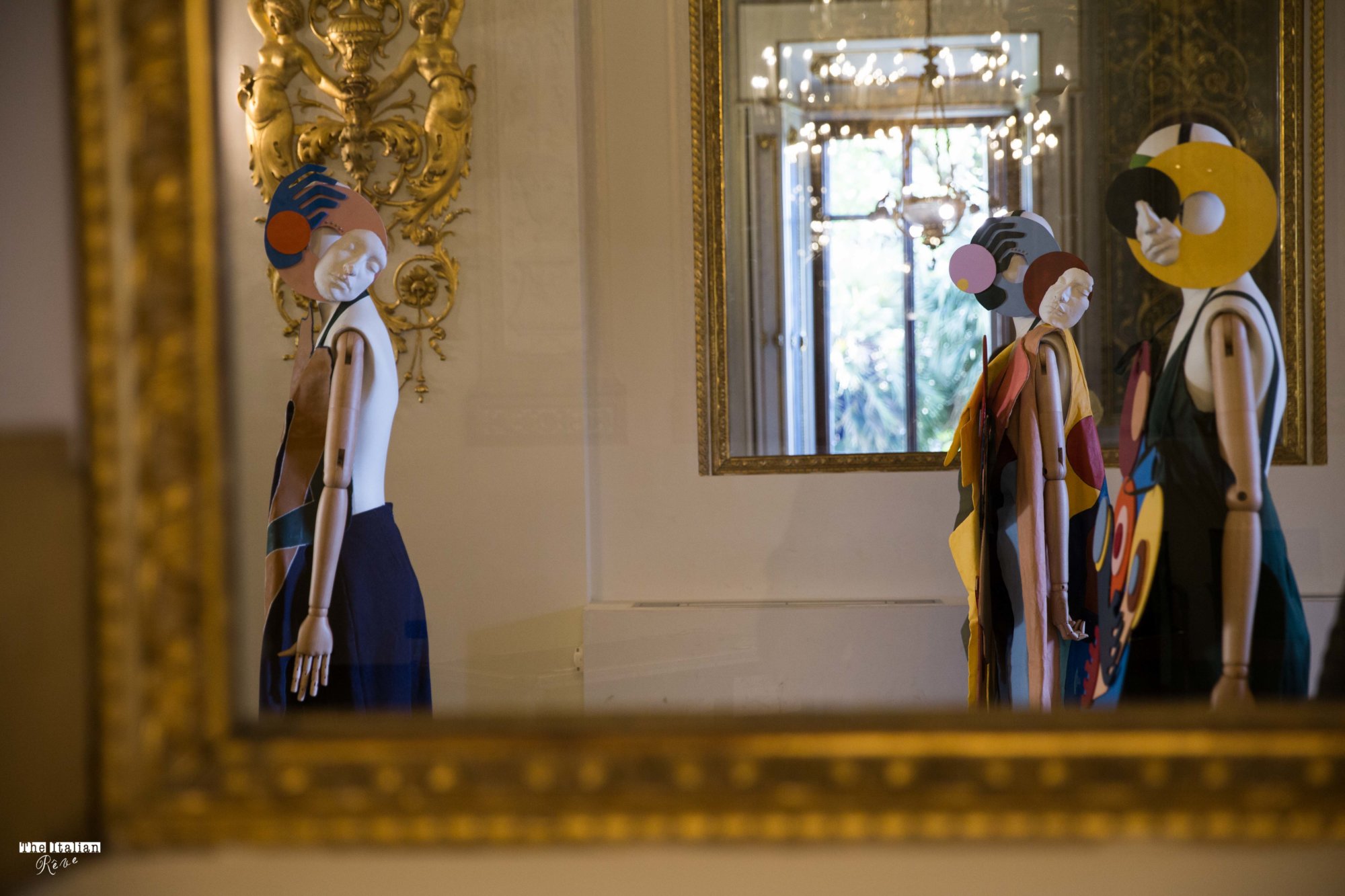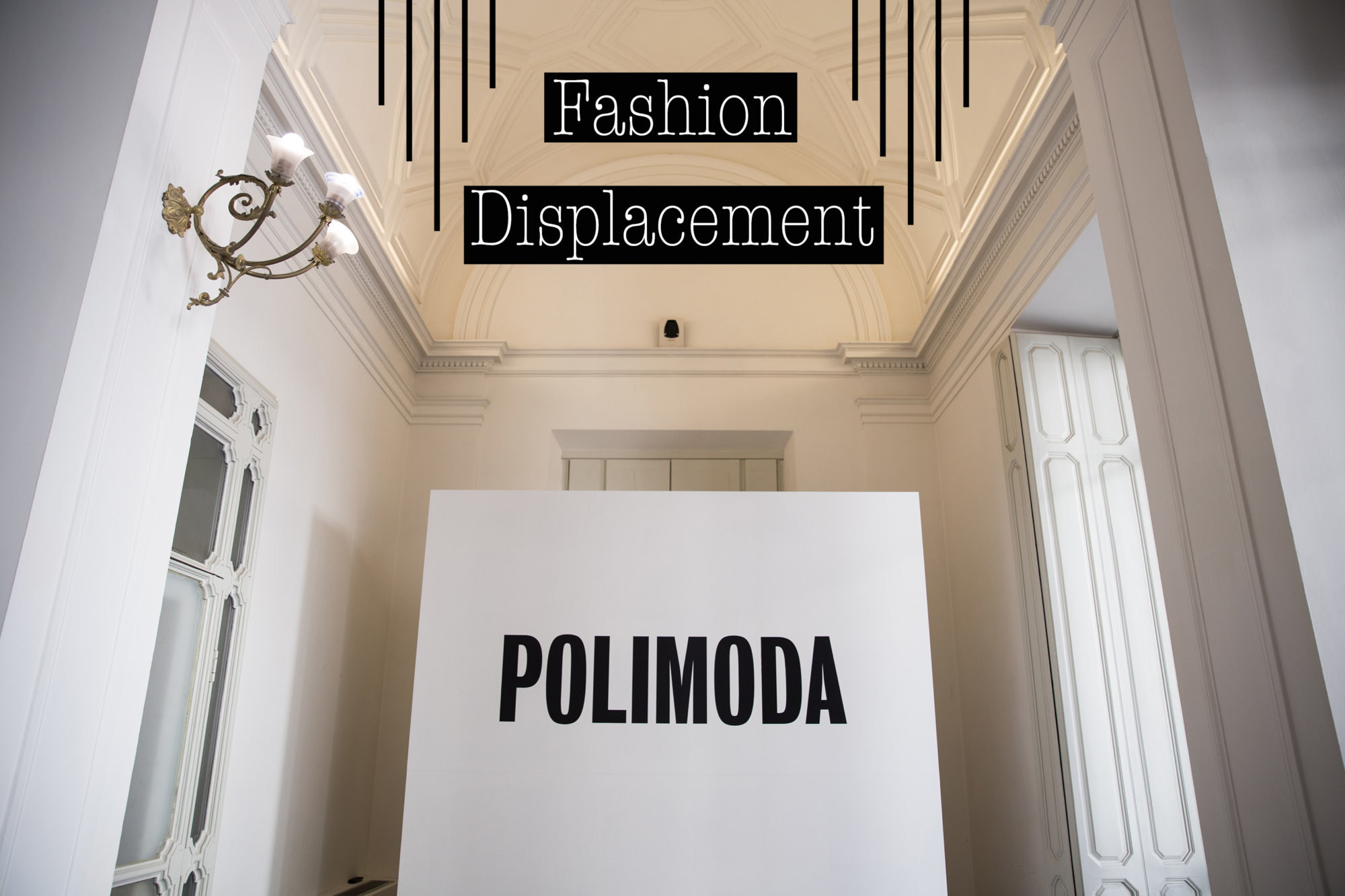In a world that moves so fast, it’s important to stop and think, to reflect. And, in a world such as the one of fashion, where speed and productivity are often the main focus, to stop and think about the problems, the consequences and of a way to improve the situation, it’s not easy.
It’s doing it however Polimoda (one of the best fashion school in the world), first in New York and then in Florence, through the invitation of personalities who, in their different roles, are part of the fashion world and they are the first people that can do something to change this world. Or at least they can spread their critical thinking and by doing so, they can positively influence thousands of young people who are studying fashion, and they can seek for a change also for those who have been working in this field for years.
The “Fashion Displacement” was held in Florence by Polimoda. Mediator of the event was Linda Loppa, Strategy and Vision Advisor for Polimoda, one of the most influential figures in contemporary fashion, as stated by “The Business of Fashion”.
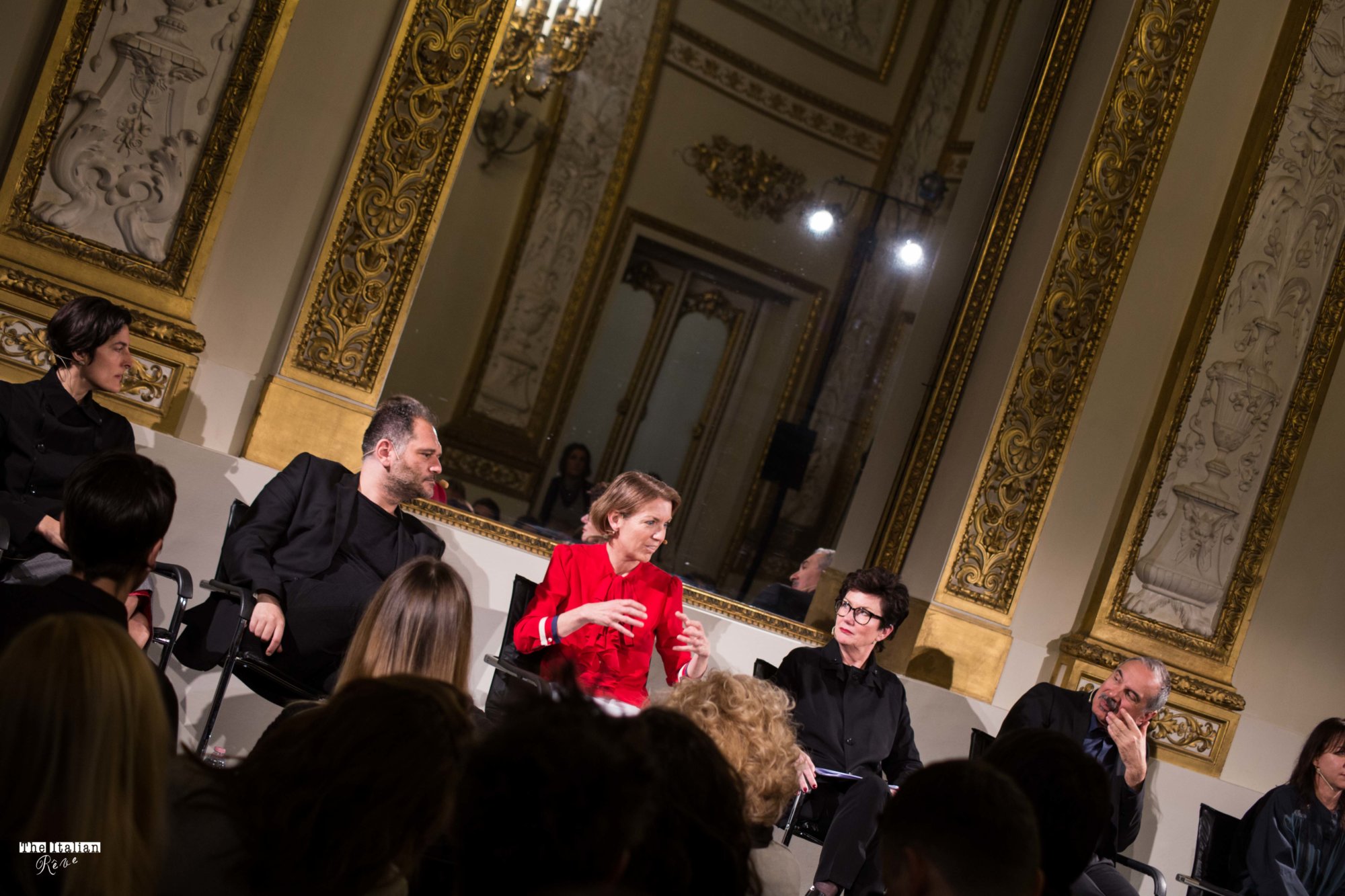
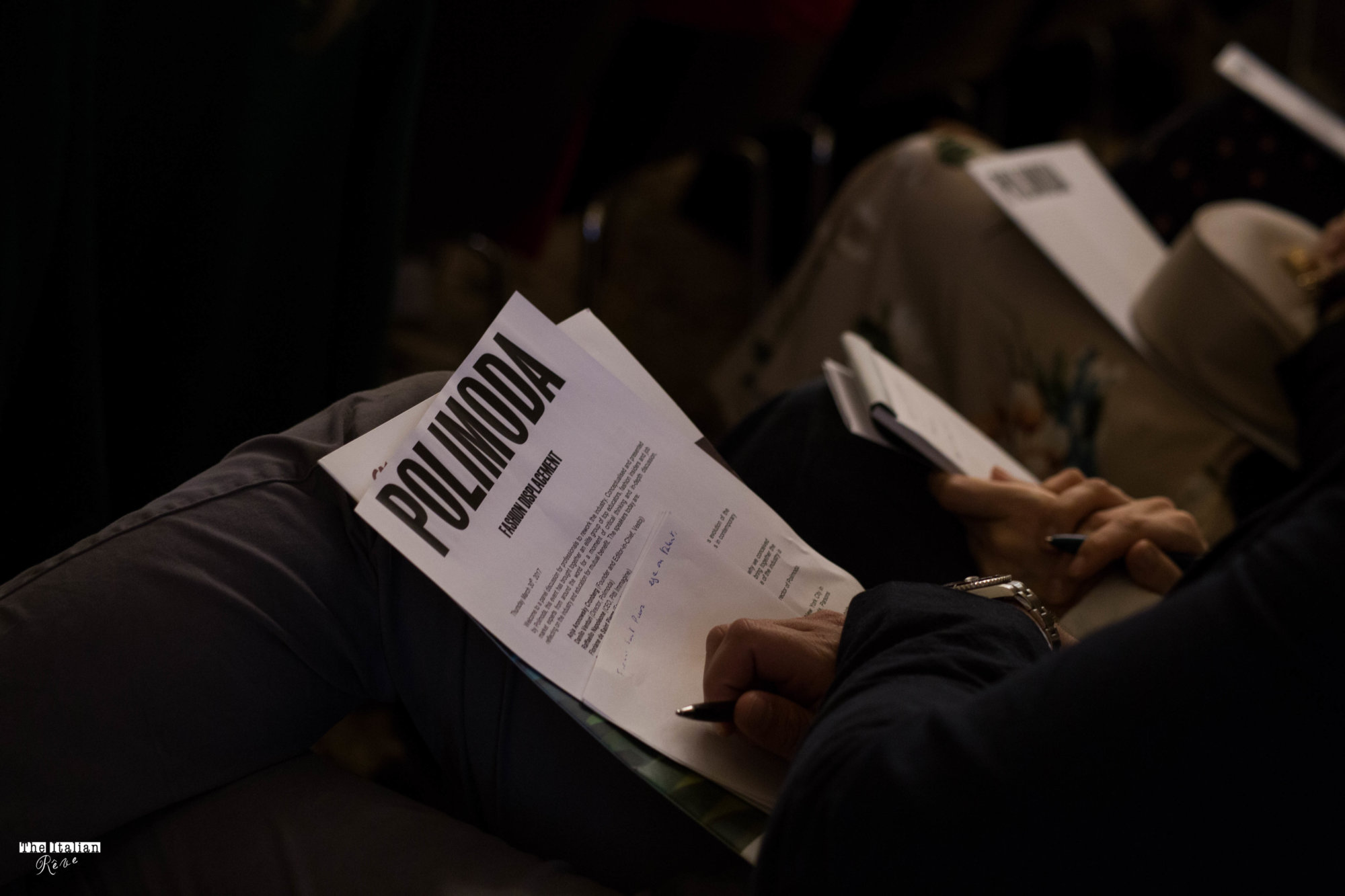
Along with Danilo Venturi (director of Polimoda) was present Floriane de Saint Pierre, founder of Floriane de Saint-Pierre et Associés, one of the most influential recruiting agencies for luxury brands; Raffaello Napoleone, CEO of Pitti Immagine; Carlo Capasa, President of the National Chamber of Italian Fashion; Anja Aronowsky Cronberg, Founder and Editor-in-Chief of Vestoj, one of the most authoritative research on fashion magazines and famous for its critical thinking regarding the universe of fashion and its participants; Stefan Siegel, Founder and CEO of the online platform for emerging fashion designers Not Just a Label; and Jennifer Minniti, Chair of the Fashion Design Department at the Pratt Institute in New York.
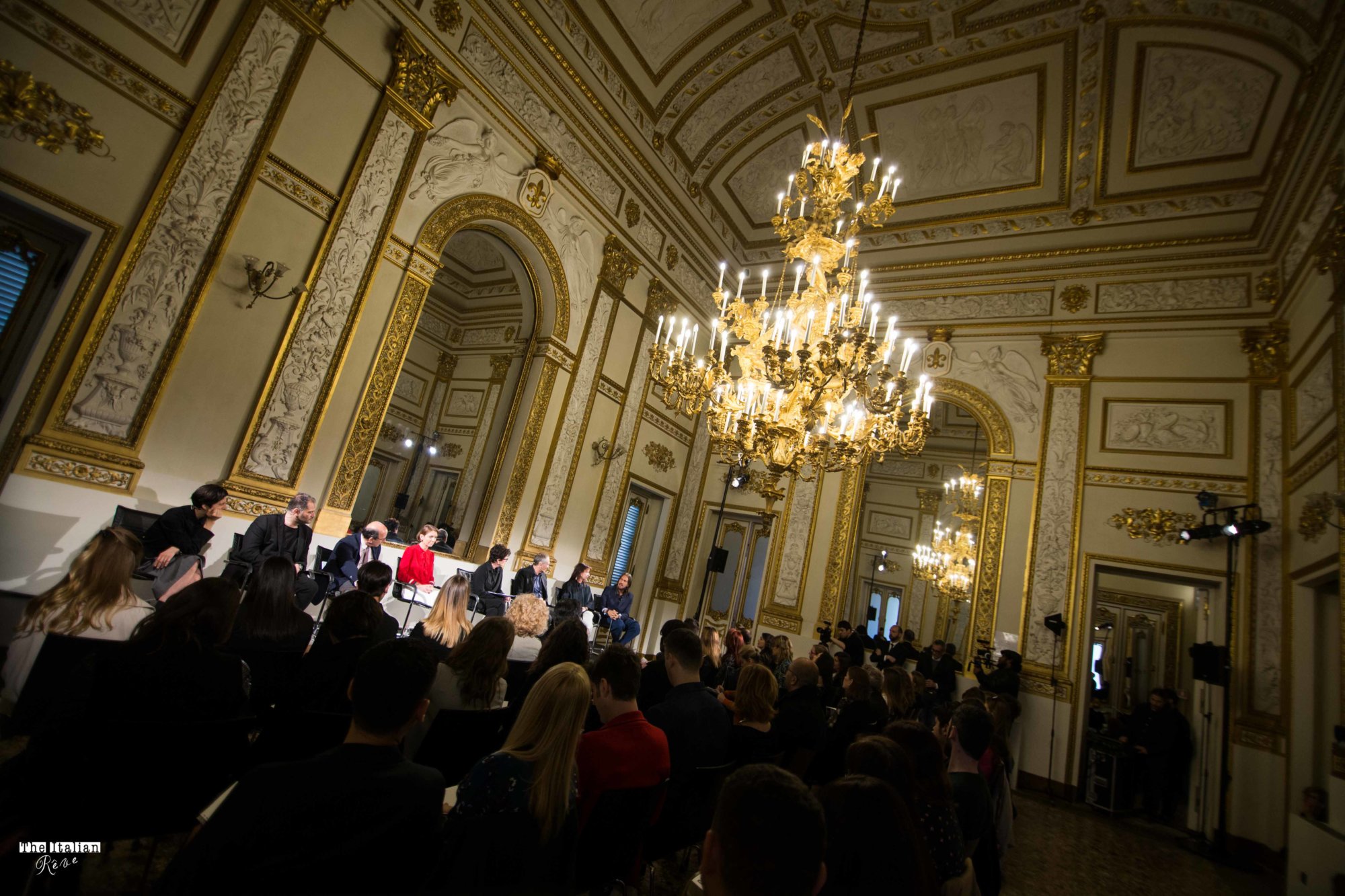
Various issues were approached, starting with an analysis of the rapid and incessant changes taking place in the field of contemporary fashion and the nature of fashion itself, then moving on topics such as respect for the individuality of designers’ expression. On the matter, Raffaello Napoleone, CEO of Pitti Immagine said: “What we have to be careful of is not to transform fashion in a product. Because if we reduce fashion to one product, we lose something very important that instead belongs to the world of fashion: that fashion is also a description of the society”.
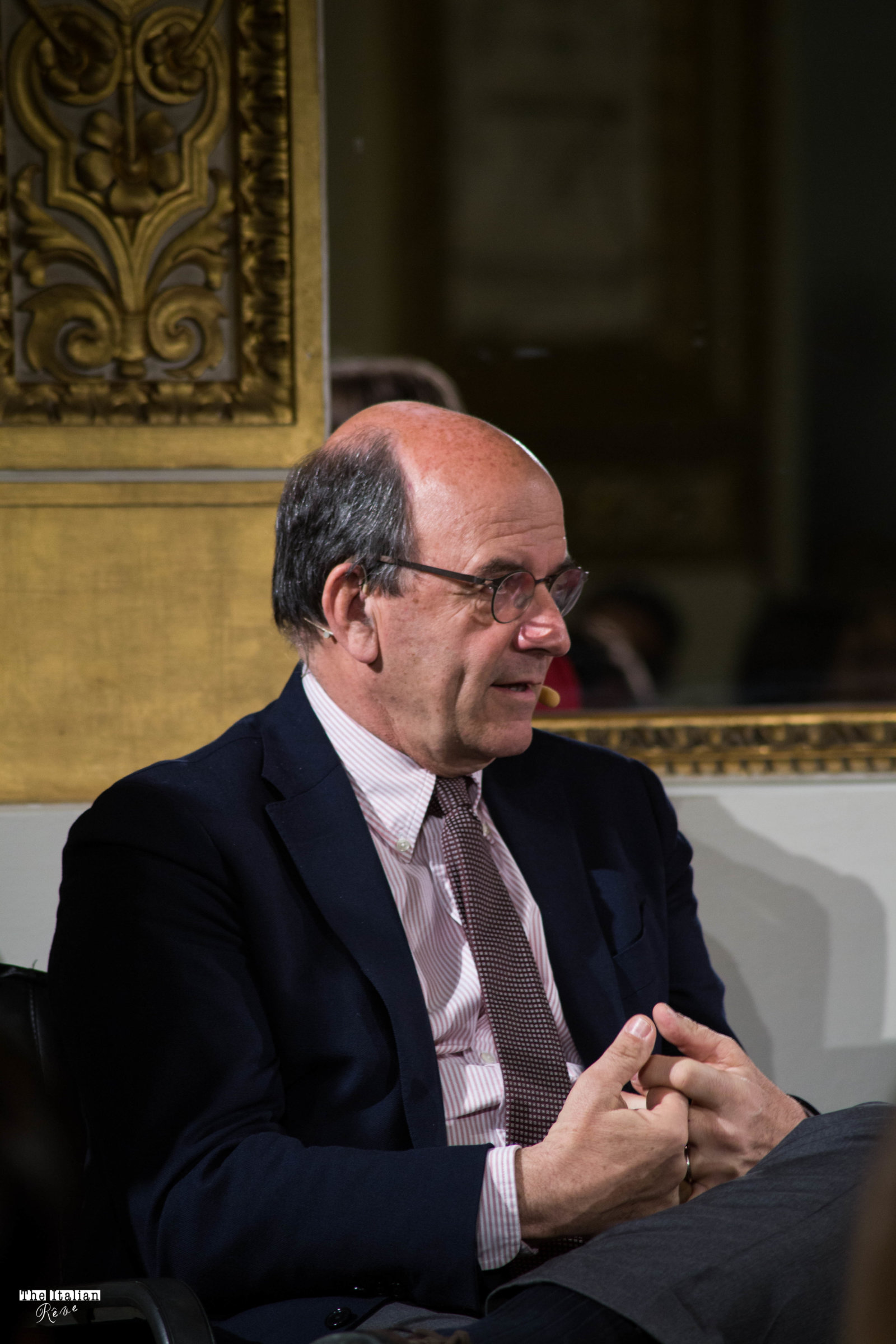
Sustainability in fashion and what can be done to solve this problem was brought up more than once. Rather than a problem, we should address the topic as a necessity of change. Carlo Capasa, President of the National Chamber of Italian Fashion, explained how Italy is embracing a new sustainability philosophy and attention on how all production processes have to be controlled. In fact, after the collaboration between Eco-Age and the Chamber of Fashion, Italy is ready to face a new era that may turn its focus on the knowledge and understanding of it.
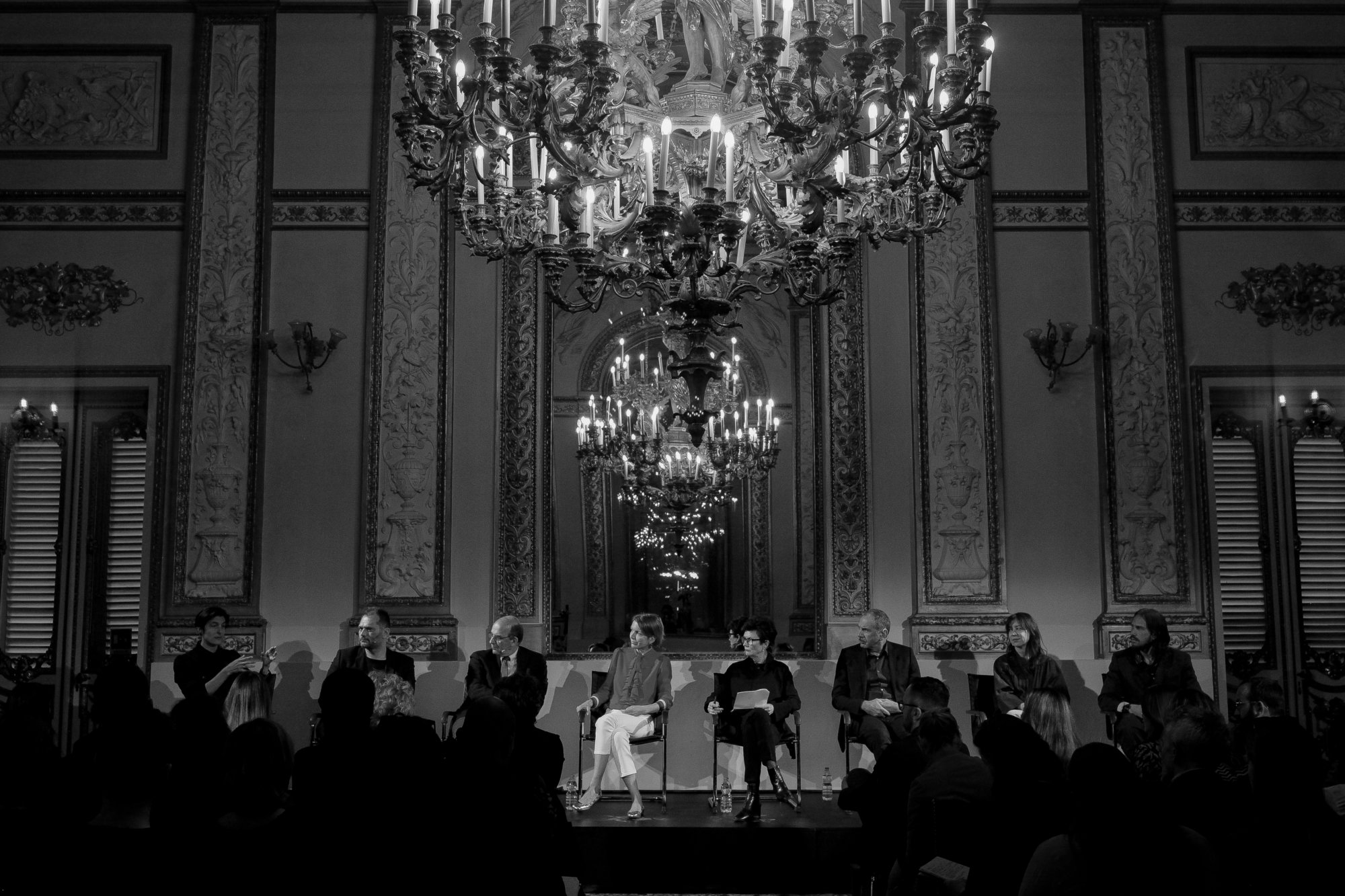
Jennifer Minniti (Chair of the Fashion Design Department at the Pratt Institute) declared: “I believe and hope that if we approach fashion in a conscious, thoughtful, creating value, this could change the way we produce. It is really important to ensure that young people understand their responsibility in all this: as part of the cultural economy”.
The conference also focused on the need of evolution of professional profiles and, consequently, of the role of schools and education in this era of change. Stefan Siegel, who in his online platform Not Just a Label includes more than 25,000 emerging designers, said: “What I’d like is that universities could give to students two things: one is the courage and the other are the tools with which they can make decisions on their own”.
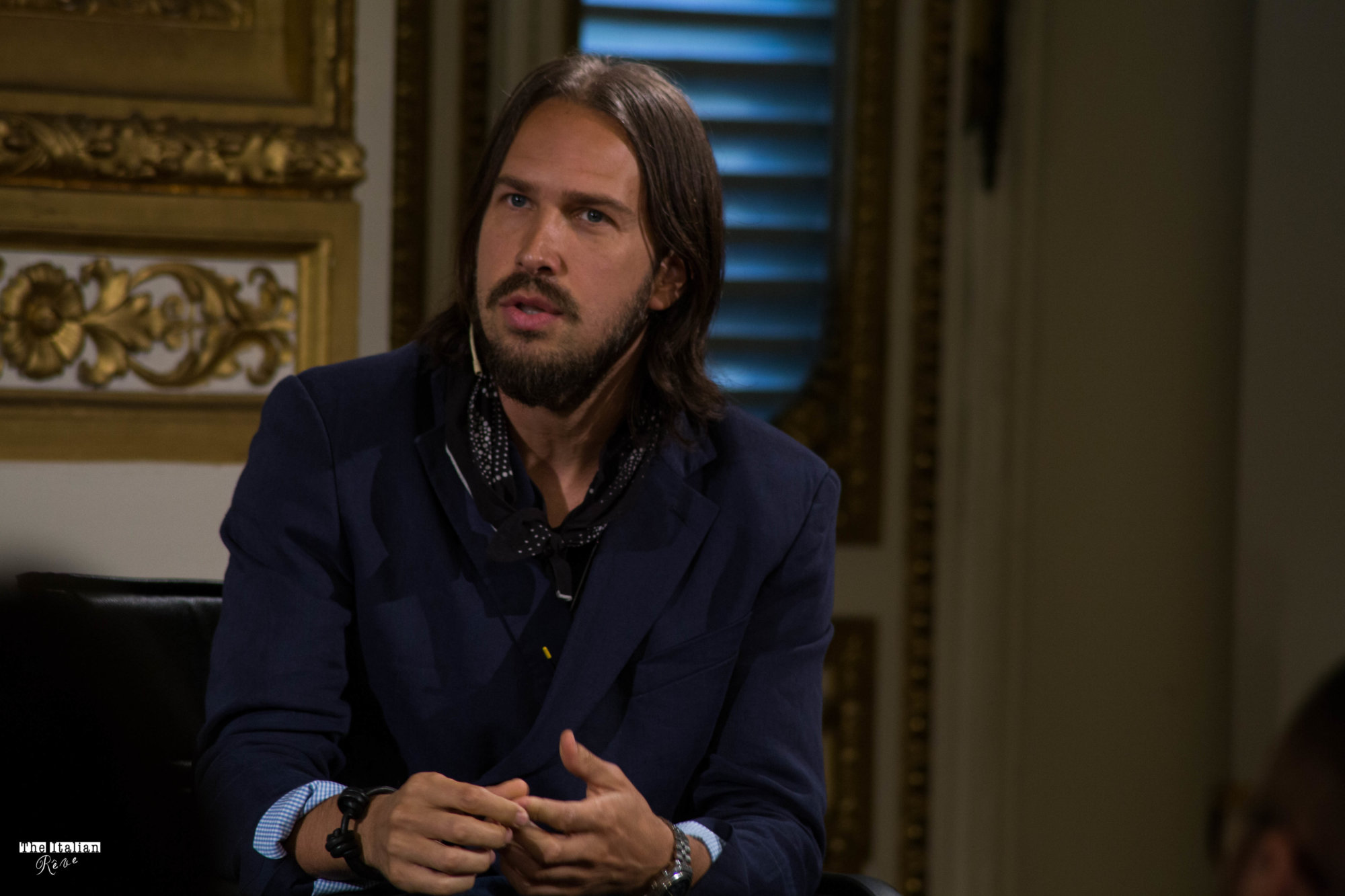
Hence giving them the tools to act responsibly and to be able to maintain their own individuality through which they can find a way to stand out. But always in a conscious way.
